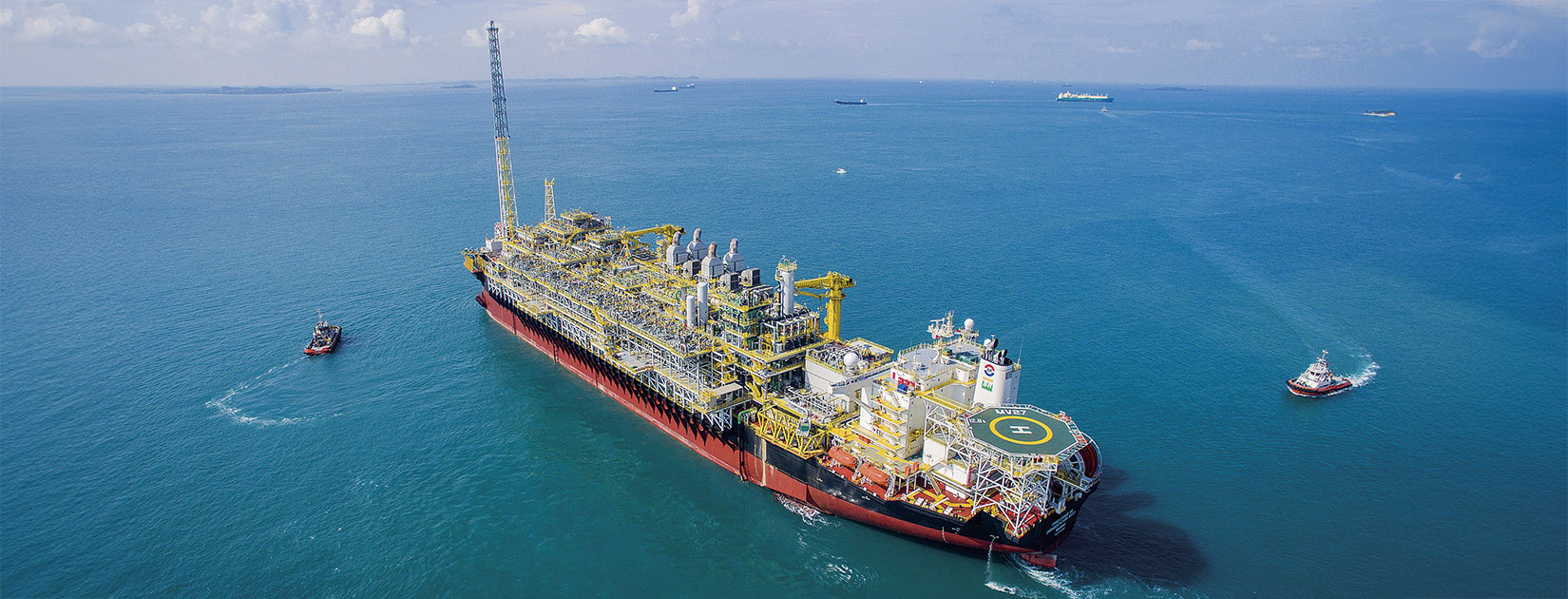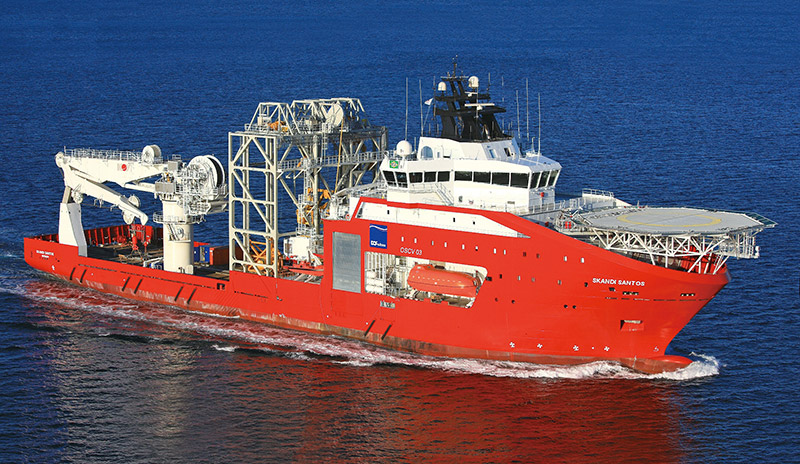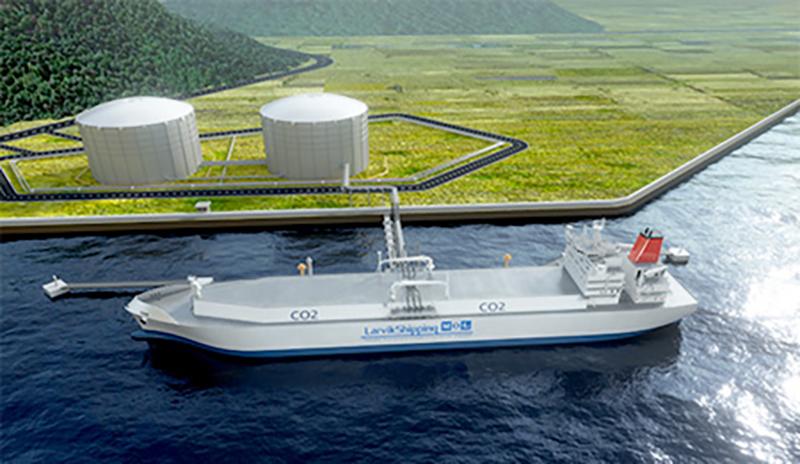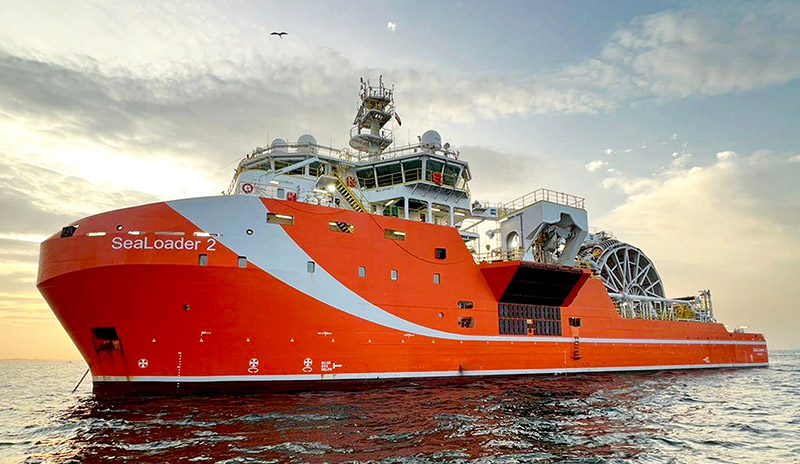- JP
- EN
Offshore Business

(Photo courtesy: MODEC, Inc.)
Offshore Business
Broadening Our Horizons with Challenging New Offshore Business Projects
Leveraging its experience accumulated in the field of energy transport by tankers and LNG carriers, MOL is pursuing new opportunities in fields where it anticipates future growth. Floating Production, Storage and Offloading (FPSO) systems, which utilize vessels for production and storage of crude oil by keeping them in a specific location, rather than using them for transport, exemplify MOL's offshore business.
MOL entered the FPSO business in 2010, and is currently participating in nine projects off Brazil, one off Ghana, and one in Mexico. In 2016, the company went into the subsea support vessel business, supporting the installation, maintenance, repair, and removal of equipment for subsea oil and gas fields. In 2019, it entered the cargo transfer vessel (CTV) business to enable direct transshipment of crude oil from FPSOs to crude oil tankers, respectively, and in 2023, it acquired a 14.86% stake in MODEC, Inc., through a third-party allocation of new shares by its partner in the FPSO business.
In 2021, MOL entered the business of transporting liquefied carbon dioxide (CO2) by sea. LCO2 carriers will play an important role in the CCUS (Carbon dioxide Capture Utilization and Storage) value chain, which is attracting attention as a means of realizing a low-carbon and decarbonized society, by efficiently connecting captured and LCO2 to storage areas.



- Dry Bulker Business
- Tanker Business
- Liquified Gas Carrier Business
- LNG Infrastructure Business
- Offshore Business
- Offshore Wind Power Energy Business
- Containership Business
- Car Carrier Business
- Terminal Business
- Logistics Business
- Real Property Business
- Ferry and Coastal RoRo Vessel Business
- Cruise Business
- Tugboat Business
- Maritime Consulting
- Global HR consulting business



